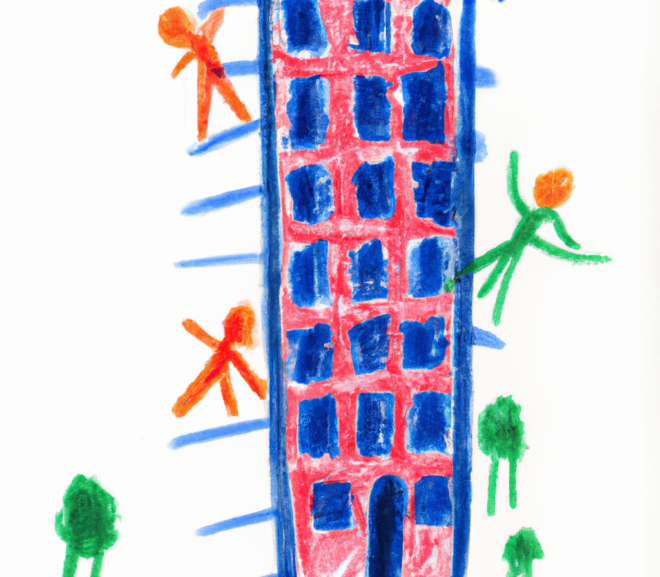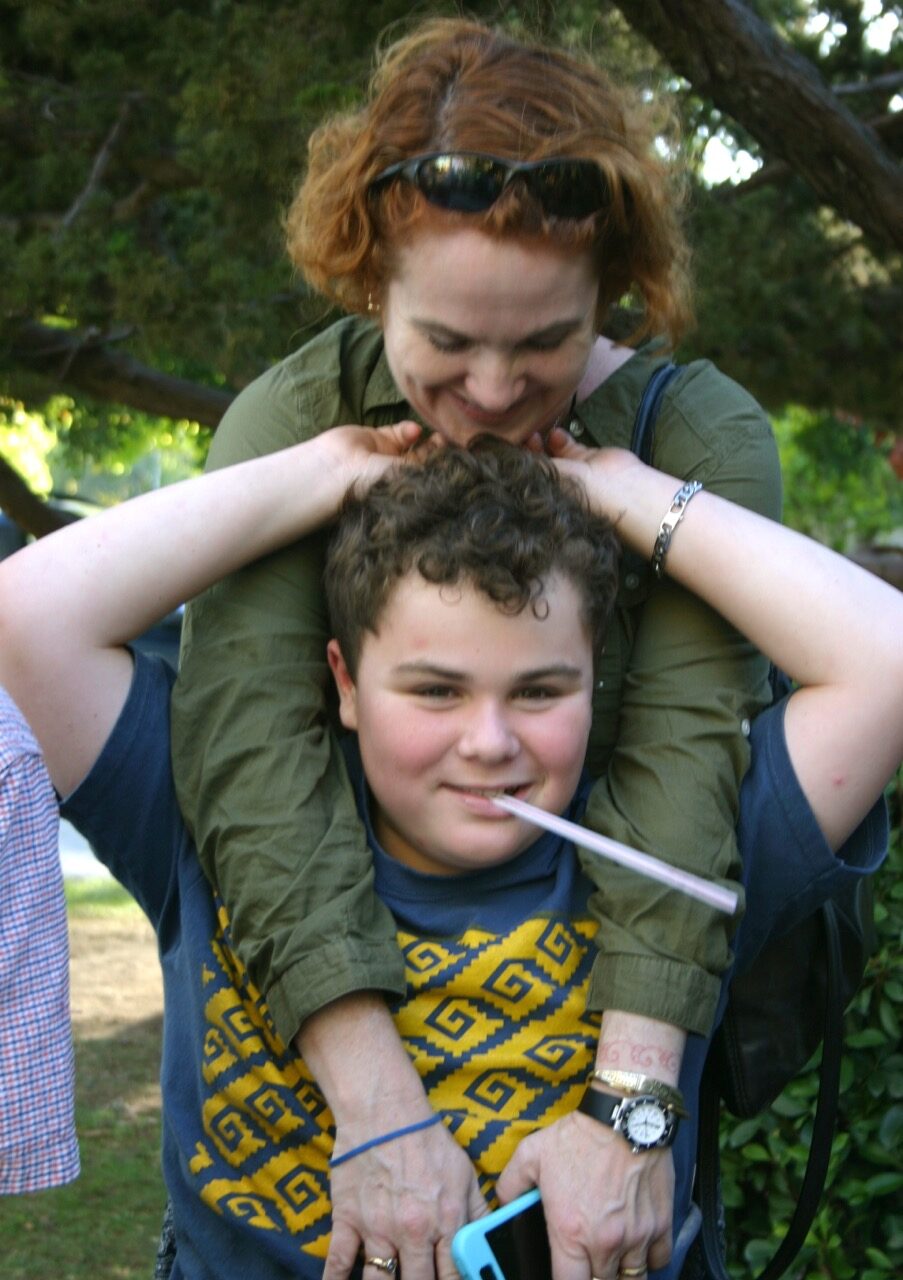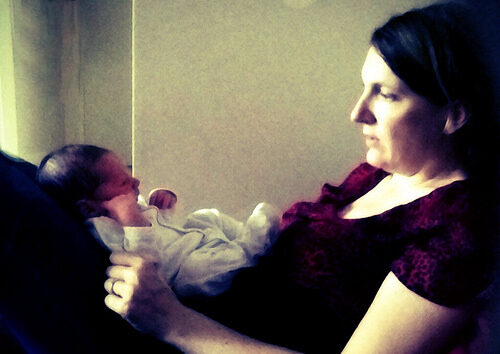I’m not a fan of “levels of autism.” If an autistic individual makes a personal choice to refer to themselves as one of these levels, I can respect their decision. When it’s imposed meaninglessly by others, it’s too often disastrous.
Tag: Support
This checklist is for people who aren’t autistic (or whose autistic traits differ from those of their child/charge) to understand what may upset an autistic person, and cause them distress.
Shannon Des Roches Rosa www.squidalicious.com Content note: This article discusses abuse and murder. Photo © Steve Silberman [image: a white woman, standing behind a white teen boy with brown curly short hair. He is looking at the camera. Her arms are over his shoulder, his arms are up and tickling under her chin.] When parents like me talk about our kids with disabilities and intense support needs, we have to be thoughtful. We need to make it quite clear that our kids are much-loved and very awesome human beings. We should never, ever state or imply that any challenges we face as a parent are our children’s fault. We need to handle their privacy with delicacy. And we shouldn’t accidentally enable disrespect towards children who are already too-frequent magnets for morbid fascination, and pity. But we do need to talk, because our parenting gig is not like other parenting gigs.…
Yesterday we attended the INSAR 2019 panel Where Do We Go from Here? Learning How to Prevent Suicide in Partnership with Autistic People and Their Allies, led by Sarah Cassidy from Nottingham University who has been doing this for four years now. Here is what the speakers had to say. (Any errors or omissions are on us.) The most important panel of the #INSAR2019 conference, chaired by @Sarah_NottsUni who is leading innovative and potentially life-saving research to understand and help prevent suicide in autistic people. pic.twitter.com/oSoQetMQI5 — Alexandra Forshaw (@myautisticdance) May 3, 2019 More than 10K stakeholders worldwide have identified the top 10 priorities, with equal representation of #autistic people: What increased barriers do autistic people experience when seeking help which may put them at greater risk of dying by suicide? What are the risk and protective factors for suicide in autism across the lifespan? To what extent are autistic people…
When we deny the validity of self diagnosis, we fail to recognize how broken health care systems can be. We effectively restrict our support to those privileged to afford a formal diagnosis.
It’s important to avoid infantilising your teen or adult autistic offspring, meaning treating them as though they will always be a child—whether they’re five, fifteen or thirty-five.
Photo © Ted Eytan | Creative Commons/Flickr [image: Multiracial crowd rallying with flags and signs behind a banner reading “Trans Solidarity against transphobia for justice”.] Maxfield Sparrow unstrangemind.com Ten years ago, I wanted to write a paper about autism and gender issues for a gender and sexuality conference at which I had previously presented. I started the research, then dropped into a depression after realizing how little material was available, and that the existing research about autism and gender was both dismal, and erasing. The medical journals talked about transgender autistic children as if their gender issues were delusions, mere symptoms of their autism. I never wrote that paper. Today, not only is there good autism information available, but the “double rainbow” of being both autistic and LGBTQIA+* is just beginning to be more accepted and understood. We have a long way to go, but people are beginning to understand…
When you help me cope with a meltdown and when you help create an environment that helps me avoid meltdowns, you are helping to build a kinder, gentler world that has room for everyone, no matter what kind of nervous system they have.
Sometimes people try to get your attention by doing things that can appear to be aggressive, but they’re really saying, “I have a problem, and I need help.”
Photo © Georgie Sharp. Creative Commons License. [image: Reclining white mother with dark hair, seen from the side, looking at an infant lying on her lap.] TPGA is observing Autism Acceptance Month by featuring accounts from autistic people about the differences accommodations (or lack thereof) make in their lives. Today’s story is from Autisticmotherland, on what professionals need to know about supporting — and diagnosing — autistic parents of autistic children. Autisticmotherland www.autisticmotherland.com In early March 2016 I spoke at the National Autistic Society’s Professional Conference on the topic of “Support and diagnosis of autistic mothers.” The talk and subject matter proved popular with the audience and I decided to write it up as a way to both summarise and explore the issues. The essay which follows is part of a three part linked series of blog posts (which I hope you will read!). This was and is my platform…








